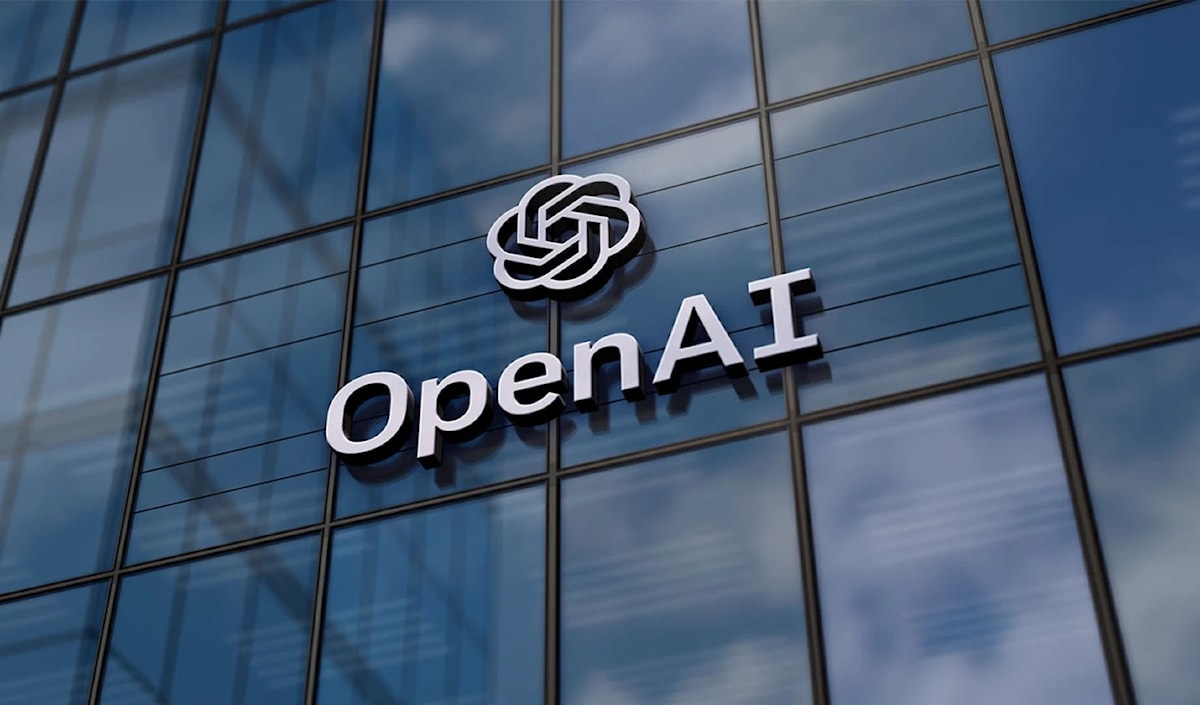OpenAI Collaborates with Google to Expand its Computing Capabilities Using Artificial Intelligence Chips

OpenAI has started renting artificial intelligence chips from Google to run the ChatGPT model and its other products, according to a knowledgeable source cited by Reuters.
OpenAI is one of the largest customers of Nvidia's Graphics Processing Units (GPUs), which it uses for training artificial intelligence models and performing inferential operations, where the model relies on its trained knowledge to make decisions or predictions based on new data.
Reuters previously revealed that OpenAI plans to integrate Google's cloud services to keep up with the increasing demand for computing capacity, marking a notable collaboration between the two technology giants in the competitive artificial intelligence market.
Google, on the other hand, benefits from this deal to expand the availability of its Tensor Processing Units (TPUs), which were previously used internally only. This expansion has helped attract major clients like Apple, as well as competitive startups like Anthropic and Safe Superintelligence, founded by former leaders at OpenAI.
This move signifies OpenAI's first significant use of non-Nvidia chips, reflecting a shift in the company's policy led by Sam Altman to reduce reliance on its main partner Microsoft, alongside the opening of new data centers.
Reuters quoted The Information site stating that Google's chips may represent a more cost-effective alternative compared to Nvidia units. OpenAI hopes that these chips, leased through Google's cloud platform, will help reduce the costs of inferential operations.
However, The Information reported, citing a Google Cloud employee, that the company does not provide its most powerful artificial intelligence chips to OpenAI, due to the competition between them in the artificial intelligence development race.
Google's collaboration with OpenAI highlights the success of the tech giant's strategy in marketing its internal technologies, from hardware to software, to enhance its position in the cloud computing market.